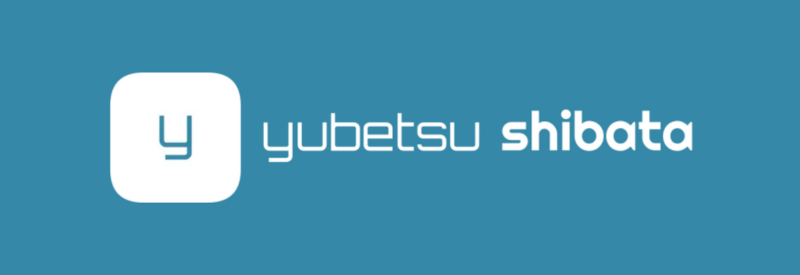Research on the Transformation of the Teaching Paradigm for Ideological and Political Courses Reshaped by Generative Short Videos: From Knowledge Transmission to Value Co-Creation
DOI:
https://doi.org/10.70088/2r7w7b53Keywords:
generative short video, ideological and political course, teaching paradigm, value co-creation, technology empowermentAbstract
With the rapid development of generative artificial intelligence technology, the traditional teaching paradigm for ideological and political courses is undergoing a profound transformation. This study, based on the theories of sociology of technology and educational ecology, uses literature analysis and case study methods to deeply explore how generative short video technology reshapes the teaching paradigm of ideological and political courses, promoting their transformation from knowledge transmission to value co-creation. The research finds that generative short videos, by reconstructing the relationship between teaching subjects, innovating content production methods, and transforming interactive communication models, have formed a new teaching paradigm centered on value co-creation. This paradigm shift not only breaks through the spatio-temporal limitations and one-way transmission model of traditional teaching but, more importantly, constructs a value generation mechanism with multi-subject collaborative participation. Based on this, the study constructs a value co-creation teaching model that includes four core elements: demand perception, resource integration, collaborative innovation, and quality assurance. It also proposes practical paths such as the construction of an intelligent learning ecosystem, the establishment of a multi-subject collaborative mechanism, and the improvement of a diversified evaluation system, providing theoretical guidance and practical reference for the teaching reform of ideological and political courses in the new era.
Downloads
Published
Issue
Section
License
Copyright (c) 2025 Wenyan Tang (Author)

This work is licensed under a Creative Commons Attribution 4.0 International License.
















